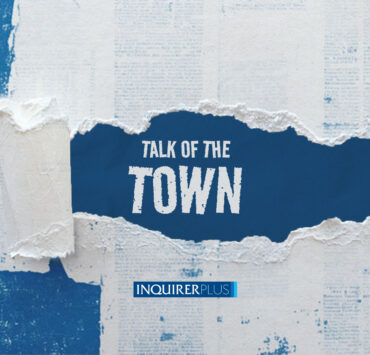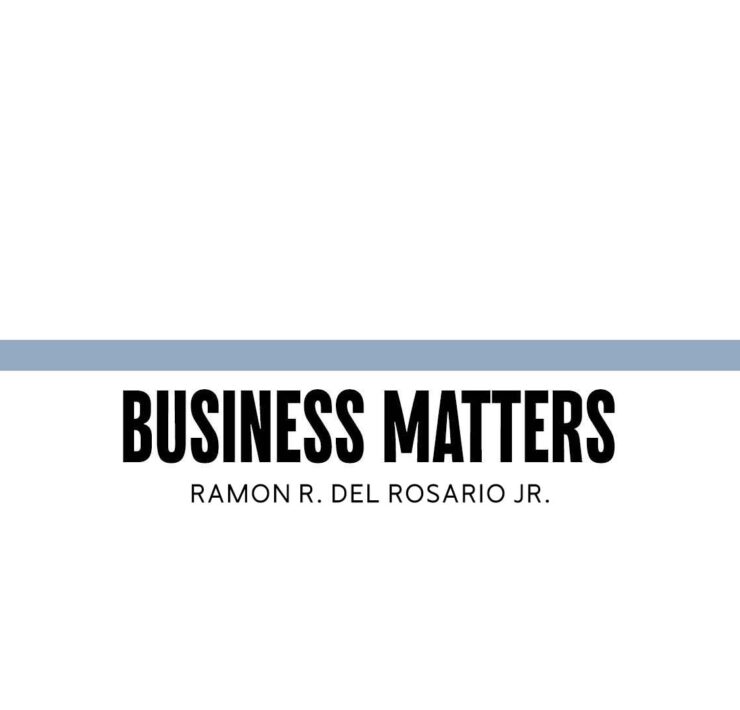Finding common ground in a polarized time

Corruption scandals in the Philippines are sadly familiar. But when news broke of alleged anomalies in the Department of Public Works and Highways’ (DPWH) flood control projects, the public mood felt different. The outrage that spilled into nationwide protests on Sept. 21, timed with the 53rd anniversary of martial law, was not only about stolen funds. It was about frustration with a system that seems stuck in a cycle of betrayal and a longing for leaders who can finally break it.
Filipinos have long endured stories of padded contracts, ghost projects, and officials enriching themselves at the expense of the public good. Each revelation chips away at trust, leaving citizens cynical about whether politics can ever be different. Yet this moment felt distinct because of how young people responded. Instead of quiet resignation, they chose to learn, to speak, and to act together.
In response to the public uproar, Phinma Education’s social involvement and transformation team launched a network-wide alternative class on corruption and good governance. Across all our schools, classes began with a special learning module that unpacked verified information about the DPWH issue, guided students through reflection on how corruption erodes trust and opportunity, and challenged them to connect these lessons to their voting decisions.
Despite typhoon disruptions, sessions continued in classrooms and online. Students debated the meaning of public accountability, wrote questions for policymakers, and discussed how corruption’s real victims are ordinary citizens who pay taxes, endure floods, and watch opportunities slip away. One student wrote, “We always say we are the future, but if we do not understand corruption now, then we inherit it later.” Another shared, “Protest is not about anger alone. It is about refusing to be silent.”
Their reflections soon expanded beyond the classroom. Students built protest walls on their campuses—collages of thoughts, frustrations, and hopes that drew attention from teachers, parents, and local officials. On Sept. 27, thousands joined an online protest, creating reels, essays, and posters under hashtags like #DPWH and #FloodControlProjects. Student councils across campuses released independent statements condemning corruption and demanding accountability. The digital space became a forum for creativity and conscience, a reminder that civic participation today looks different, but its heart remains the same: collective responsibility.
These actions reveal a crucial insight: when young people are given the facts, the space, and the tools to think critically, they can rise above partisanship. Many students recognized that corruption is not confined to one political camp but a system of patronage that cuts across party lines and continues to trap the country in a chronic leadership crisis. They saw that while scandals may dominate the headlines, the deeper issue is the culture that normalizes abuse of power.
They also recognized that protest alone cannot bring change. Transforming protest into common ground requires nurturing the harder skills of constructive dialogue and empathetic listening. We must teach them how to argue with respect, seek truth beyond slogans, and disagree without contempt. These are not only civic virtues; they are the foundations of leadership. The ability to listen with humility and speak with integrity is what will separate future leaders from the political figures who came before them.
For those of us in education, business, and civil society, the task is clear. We must provide platforms where the youth can safely and meaningfully test their voices. We must be mentors, not gatekeepers. And we must trust that when given the space, they will rise to the responsibility. Civic education cannot remain confined to textbooks and exams. It must be lived out in conversations, in projects, in community work, and in real encounters with the messy complexity of governance.
The recent protests proved that young Filipinos are not indifferent. They are angry, yes, but also hopeful, curious, and ready to do the work of citizenship. They want to inherit a country worth believing in, not one weighed down by recycled promises and endless scandals. It is now our turn to match their courage with trust: to give them space to lead us toward a better kind of politics, and, ultimately, a better country.
This one began with classrooms, conversations, and courage. It can continue with us choosing, day by day, to believe that our democracy deserves better—and that our young citizens can lead the way toward it.
—————-
Christopher Tan is the country head of Phinma Education Philippines and a trustee of Philippine Business for Education.
—————-
Business Matters is a project of the Makati Business Club (makatibusinessclub@mbc.com.ph)





















Dynasties still dominate Southeast Asian politics